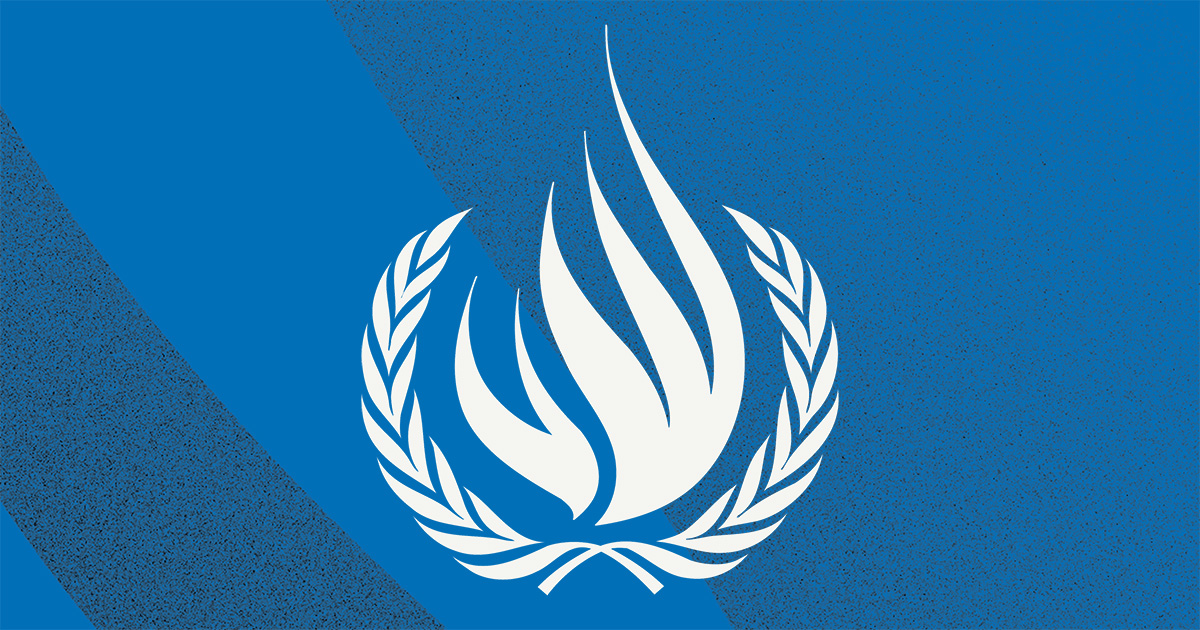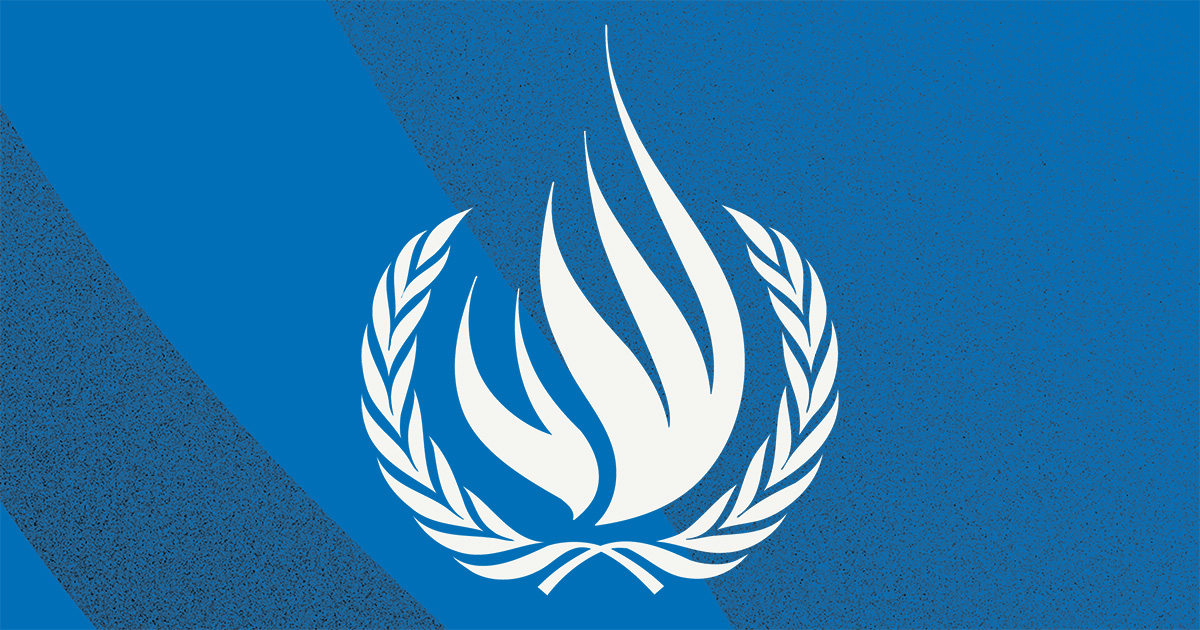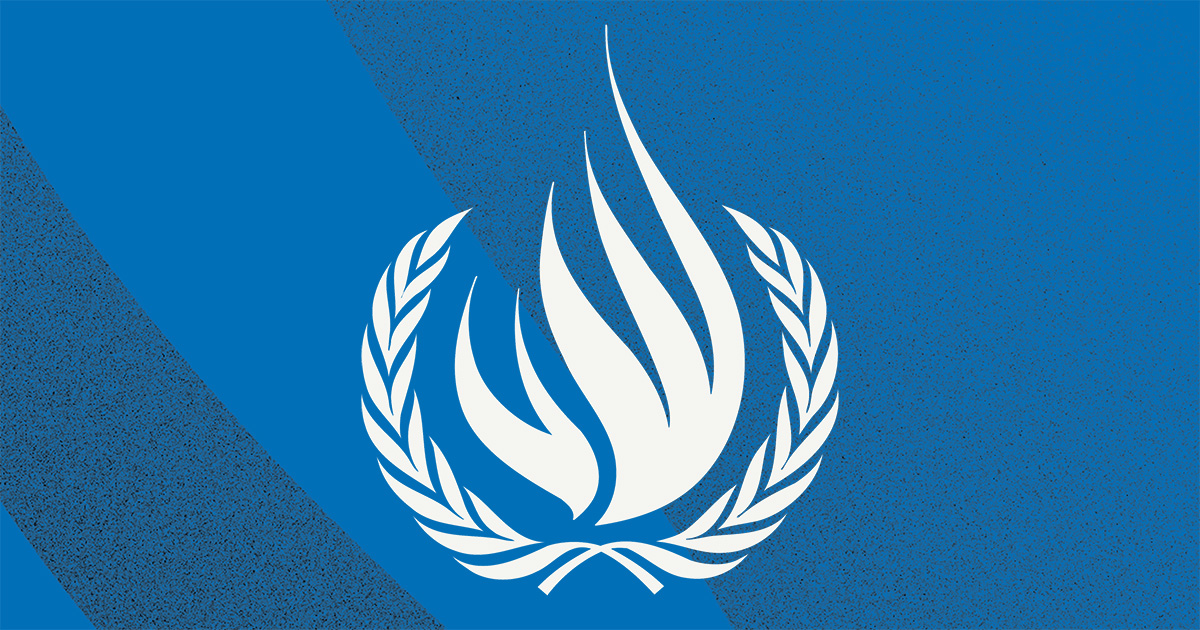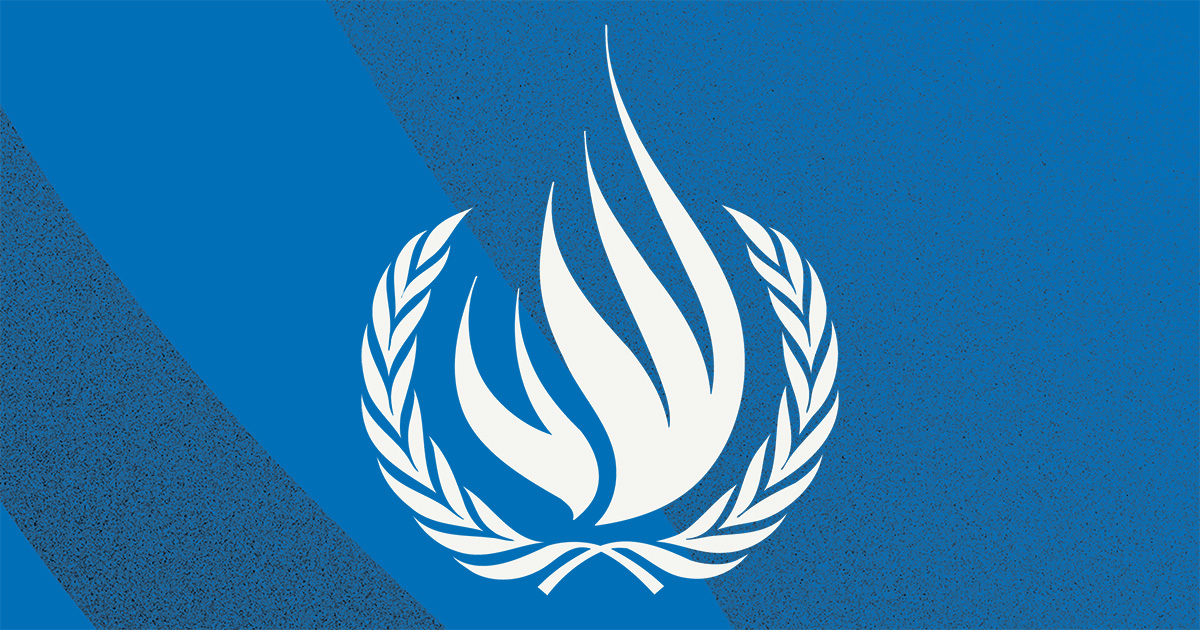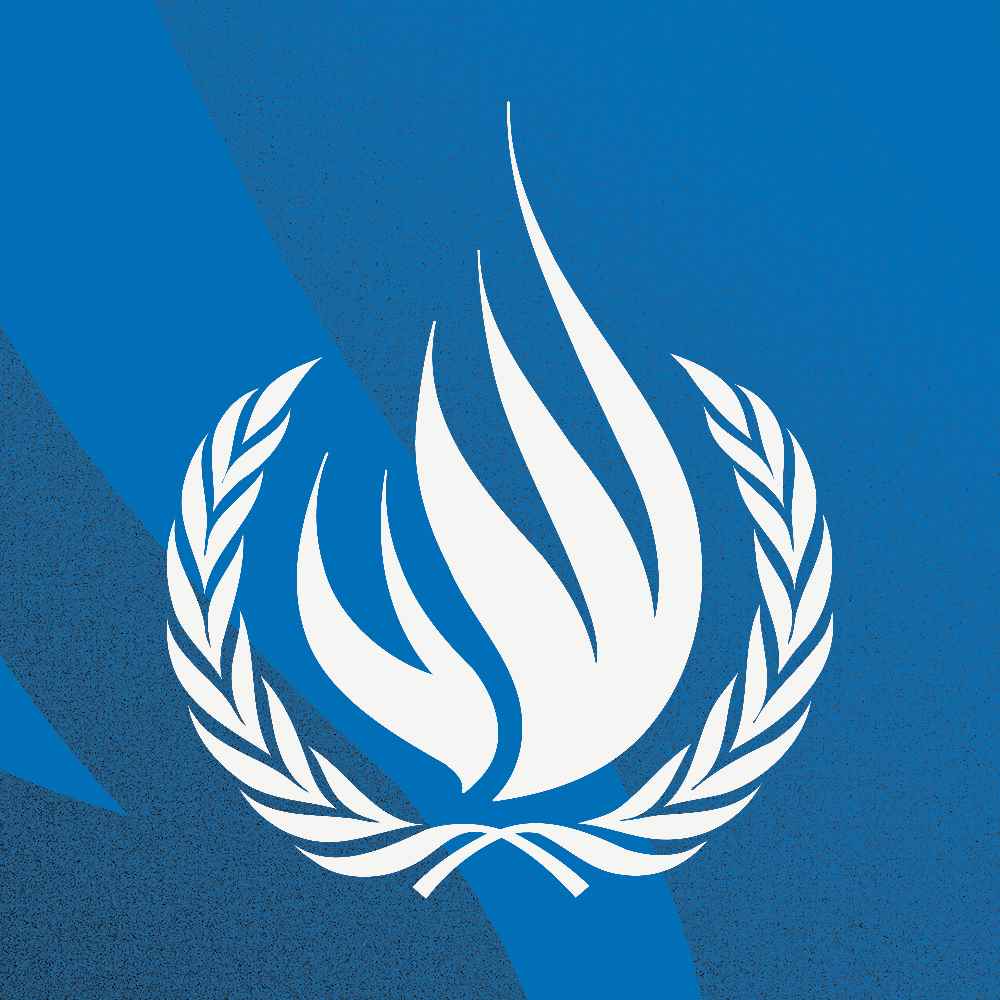
Port-au-Prince (October 31, 2023) Mesye dam bonjou (Greetings everyone). Allow me to begin by thanking the authorities for their support for my mandate, BINUH for the welcome and support they have extended to me, as well as the civil society organizations and the victims I have been able to meet.
I have just concluded my second official visit to Haiti. I continue to be alarmed by the worrying situation, which is spreading rapidly to other departments, notably Artibonite and Nord-Ouest. Murders, injuries and kidnappings are the daily lot of the population. Sexual violence against women and girls remains endemic, and no progress has been made in terms of access to services and justice for survivors since my last visit.
I am particularly concerned about the impact of insecurity and violence on children. The testimonies received are stunning. An entire generation is seemingly being sacrificed by violence, and the future of a country is threatened by the dramatic situation faced by its youth. I urge the authorities to give priority to addressing the situation of children.
Many have suffered - and continue to suffer - severe violence and violations of their rights. They are also victims of the catastrophic humanitarian situation, with access to health, water, food and education severely hampered. This is particularly the case in underprivileged neighbourhoods controlled by gangs and deserted by the State. I have received numerous reports that many children suffer from wasting, the deadliest form of malnutrition. Over 500,000 youths have no access to education. Many children from these neighbourhoods are recruited by gangs, for lack of opportunities, or by fear of reprisals.
The Haitian justice system remains dysfunctional and ill-equipped to protect children at risk or to judge minors in conflict with the law. The Juvenile Court is paralyzed. I visited Cermicol, the juvenile prison in Port-au-Prince, and found it alarmingly overcrowded, with an occupancy rate in excess of 350%, as well as unhygienic conditions and a lack of access to drinking water, exposing children to disease. 99% of the minors held in the prison have not been convicted, and most are in prolonged pre-trial detention. They have been incarcerated for years for stealing a chicken, shoes or a telephone, without ever having seen a judge. I was nonetheless encouraged by the setting up of an intergovernmental commission to relieve overcrowding in the prisons. We need results quickly.
I am also concerned about the situation of internally displaced people. There are at least 200,000 displaced people in Haiti. Many are living in inhumane conditions, without access to basic services, surviving in makeshift camps. I have received appalling accounts of children and elderly people sleeping on the ground, next to mounds of garbage and without access to drinking water. I also heard of women and girls are repeatedly raped, with no access to healthcare. The State must assume its responsibilities not only to prevent human rights violations and abuses, but also to protect its population, especially the most vulnerable.
I heard a strong desire for the arrival of the Multinational Security Support Mission (MSS) among the Haitian population. The imminent deployment of this mission, under strict conditions of respect and protection of human rights, is necessary to alleviate the suffering of the population. However, it is essential that this mission anticipates and takes the measure of the current challenges if it is to succeed in its long-term objective. Many of these measures will require the population to regain confidence in its institutions.
These must be strengthened, in particular through reliable and transparent public control systems to curb corruption and impunity. In particular, the Haitian National Police (PNH) must speed up the vetting of its officers, and the judicial system must complete the certification of its magistrates. Codes of ethics must be implemented. I reiterate my encouragement for the work carried out by the Unité de Lutte contre la Corruption (ULCC) to combat the scourge of corruption.
The international sanctions regime has sent out a strong signal to dismantle the networks of corruption that plague the country. It must also be accompanied by national prosecutions to put an end to impunity. I reiterate my appeal to the international community to put an end to the illegal trafficking of arms and munitions that circulates in Haiti and continues to claim many victims every day.
A major challenge is the fact that many gang members are children. It will be necessary to implement rehabilitation and reintegration programs for the vast majority of them. According to many actors interviewed, it is essential that the State plays a key role in rebuilding the social and economic model to enable the most vulnerable to find opportunities locally and thus avoid the mass departure of populations in search of better days.
Finally, I visited the canal under construction on the Massacre River in Ouanaminthe, as well as the border with the Dominican Republic. I continue to hear reports of the disastrous impact of the border closure on access to health, water and food. I reiterate my call for dialogue and the passage of aid to protect vulnerable populations from the dramatic humanitarian impact of this measure. I would also like to pay tribute to the work of the police in Ouanaminthe and Fort Liberté, who have succeeded in bringing the situation of violence in the department under control, thanks to community and proximity policing. 32 police officers have been killed since the beginning of the year.
Ensuring the safety and protection of the population is a priority. Overcoming institutional shortcomings and strengthening the rule of law remain fundamental prerequisites for long-term change. Let"s not repeat the mistakes of the past.
Mysion mwen an fini men travay la ap kontinye. Mèsi anpil (My mission ends but the work goes on. I thank you from the bottom of my heart).
For more information and media requests, please contact:
In Geneva
Ravina Shamdasani + 41 22 917 9169 / ravina.shamdasani@un.org or
Liz Throssell + 41 22 917 9296 / elizabeth.throssell@un.org or
Jeremy Laurence +41 22 917 9383 / jeremy.laurence@un.org or
Marta Hurtado + 41 22 917 9466 / marta.hurtadogomez@un.org
Tag and share
Twitter @UNHumanRights
Facebook unitednationshumanrights
Instagram @unitednationshumanrights




